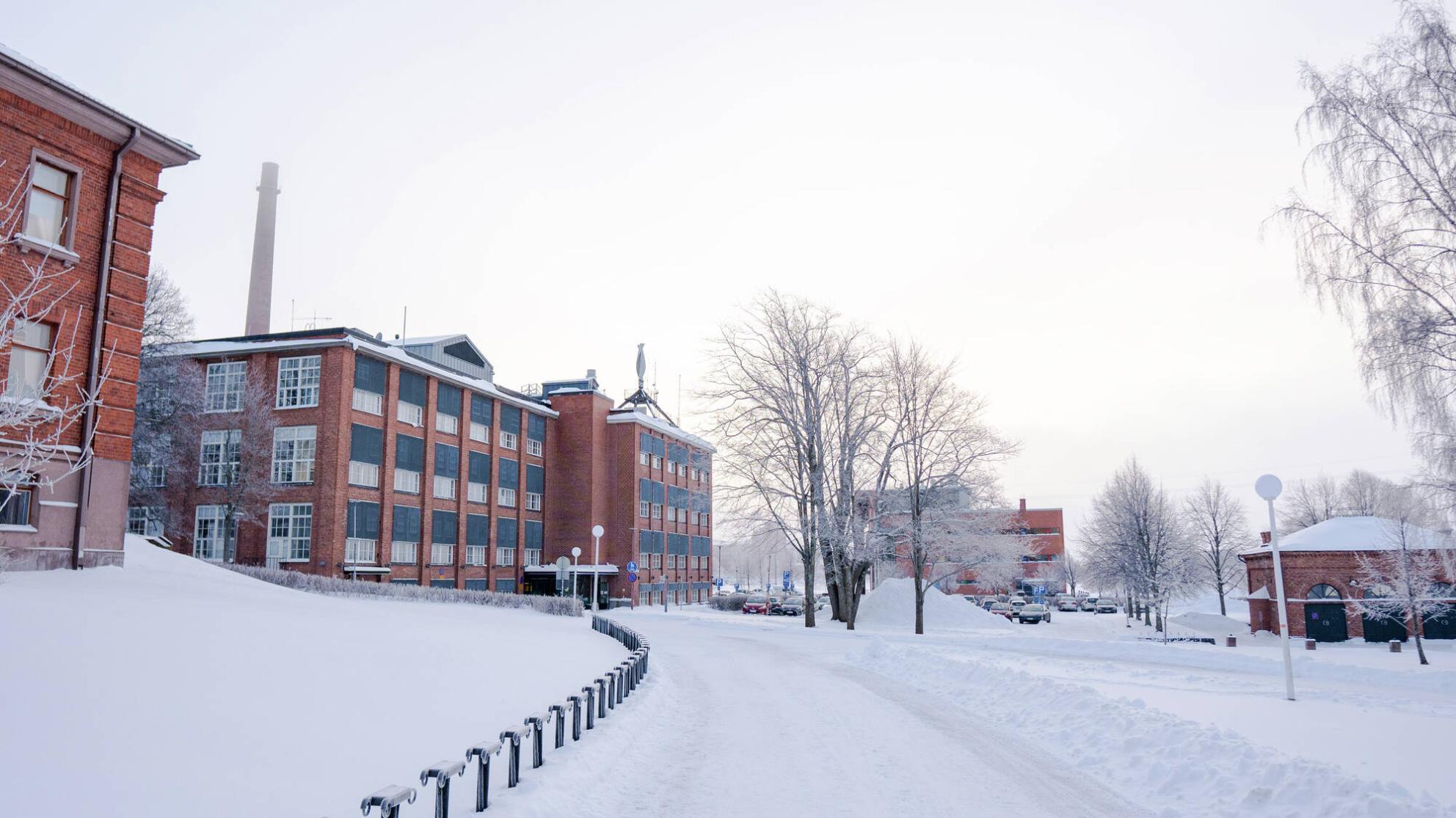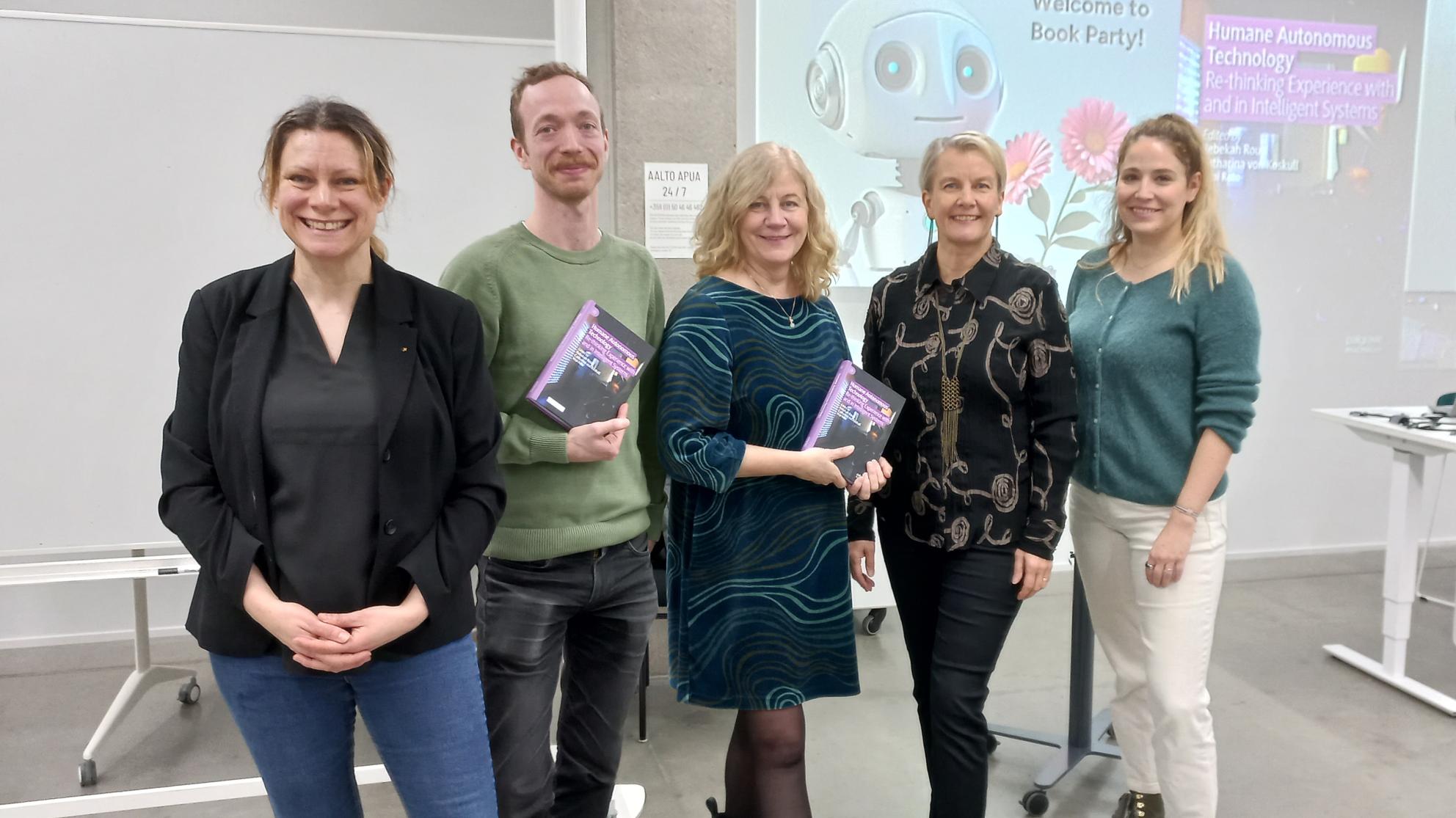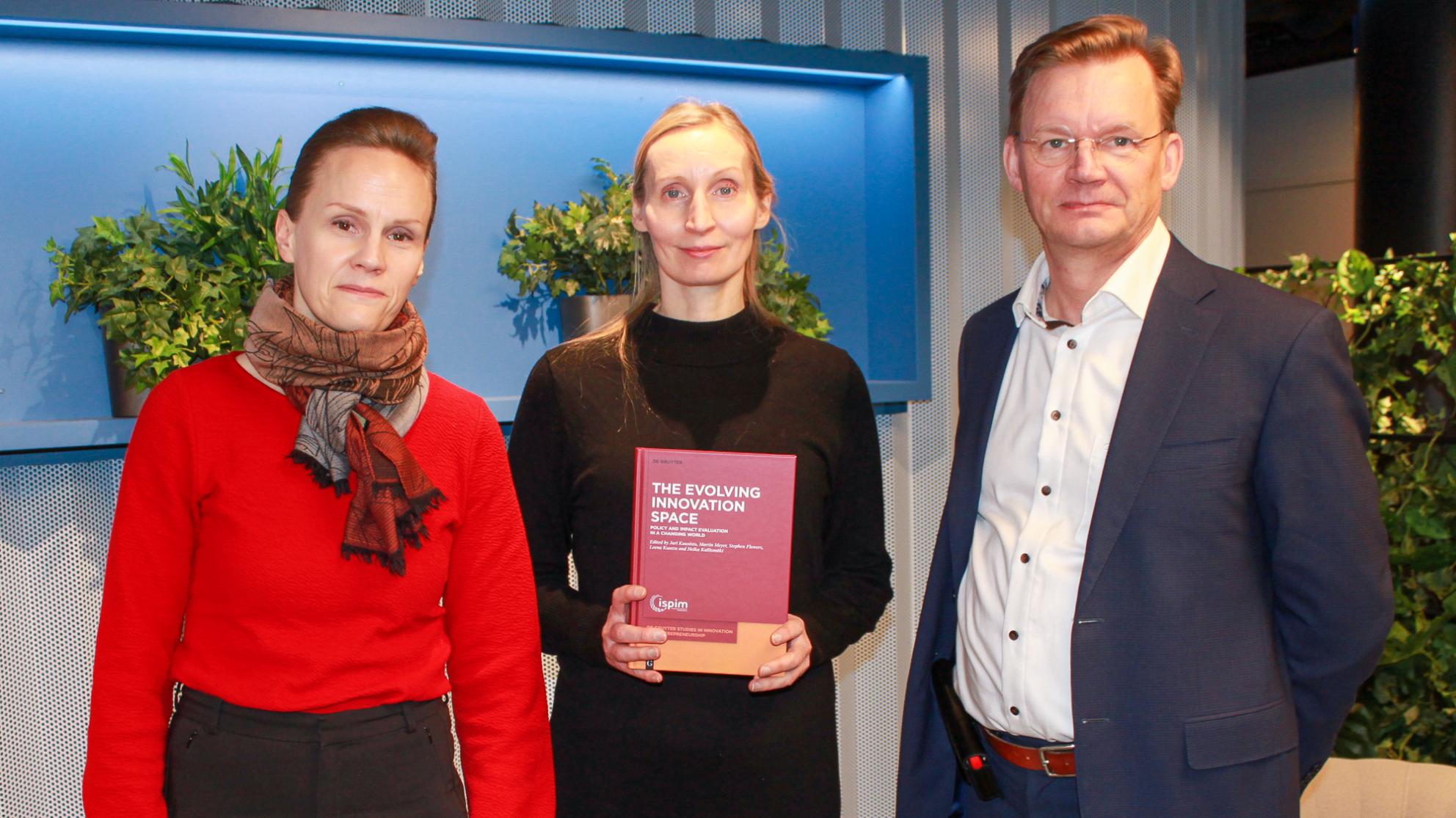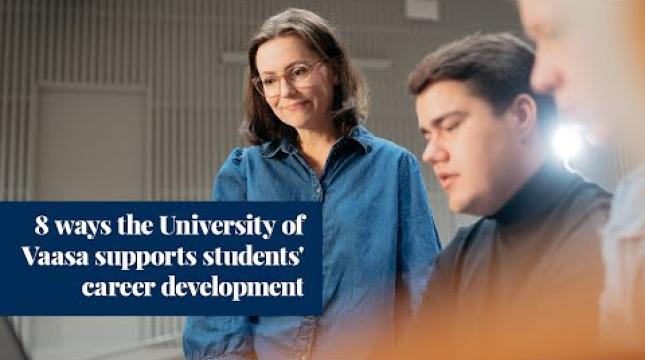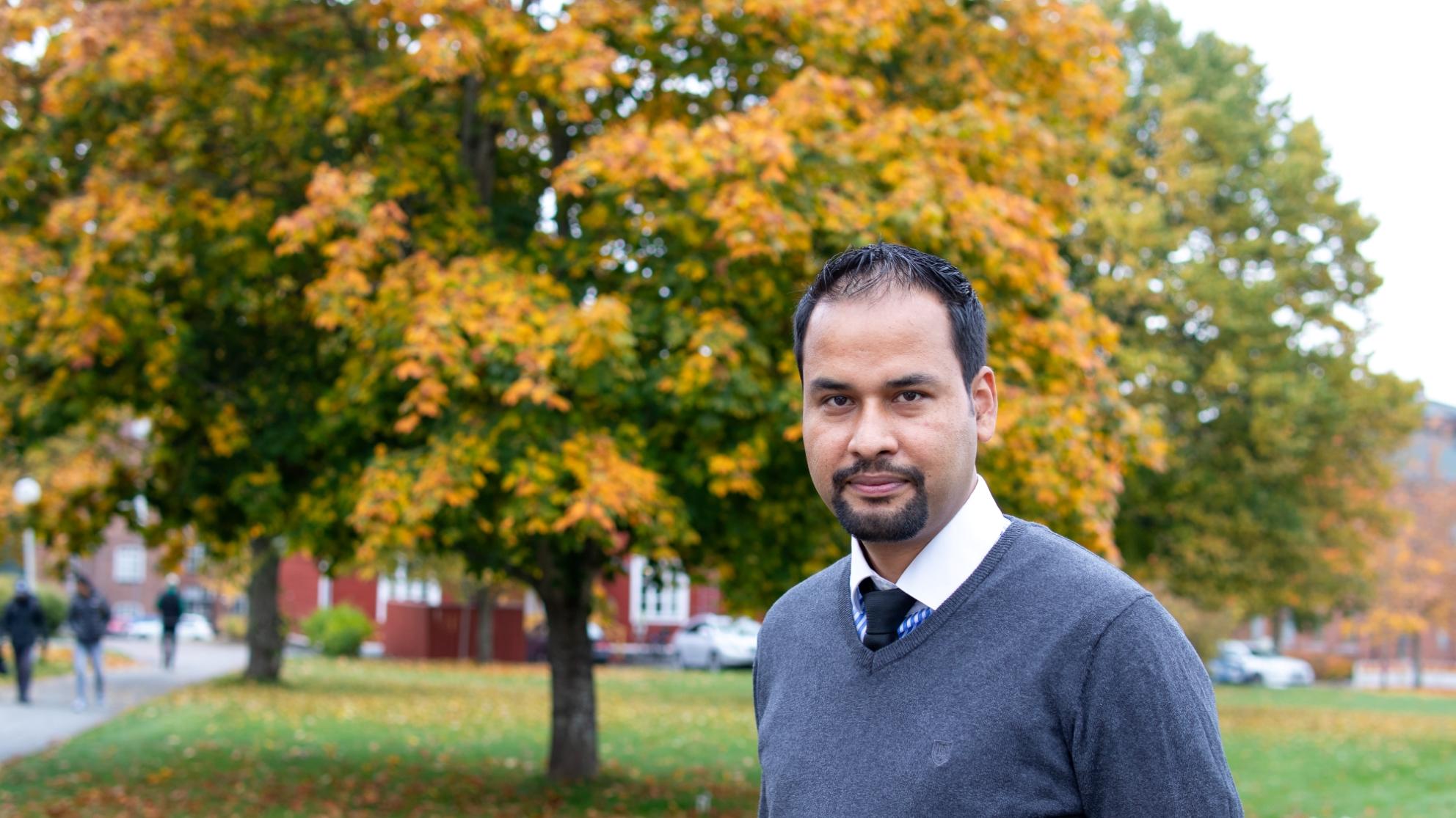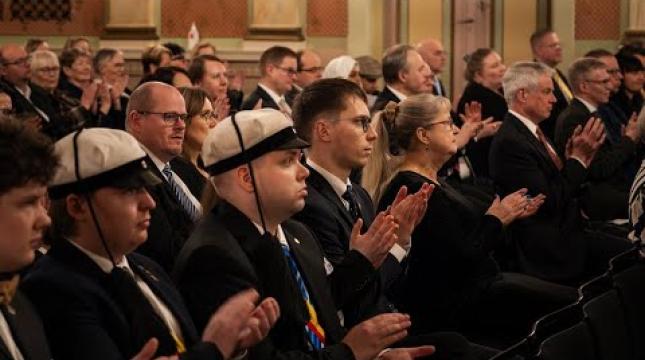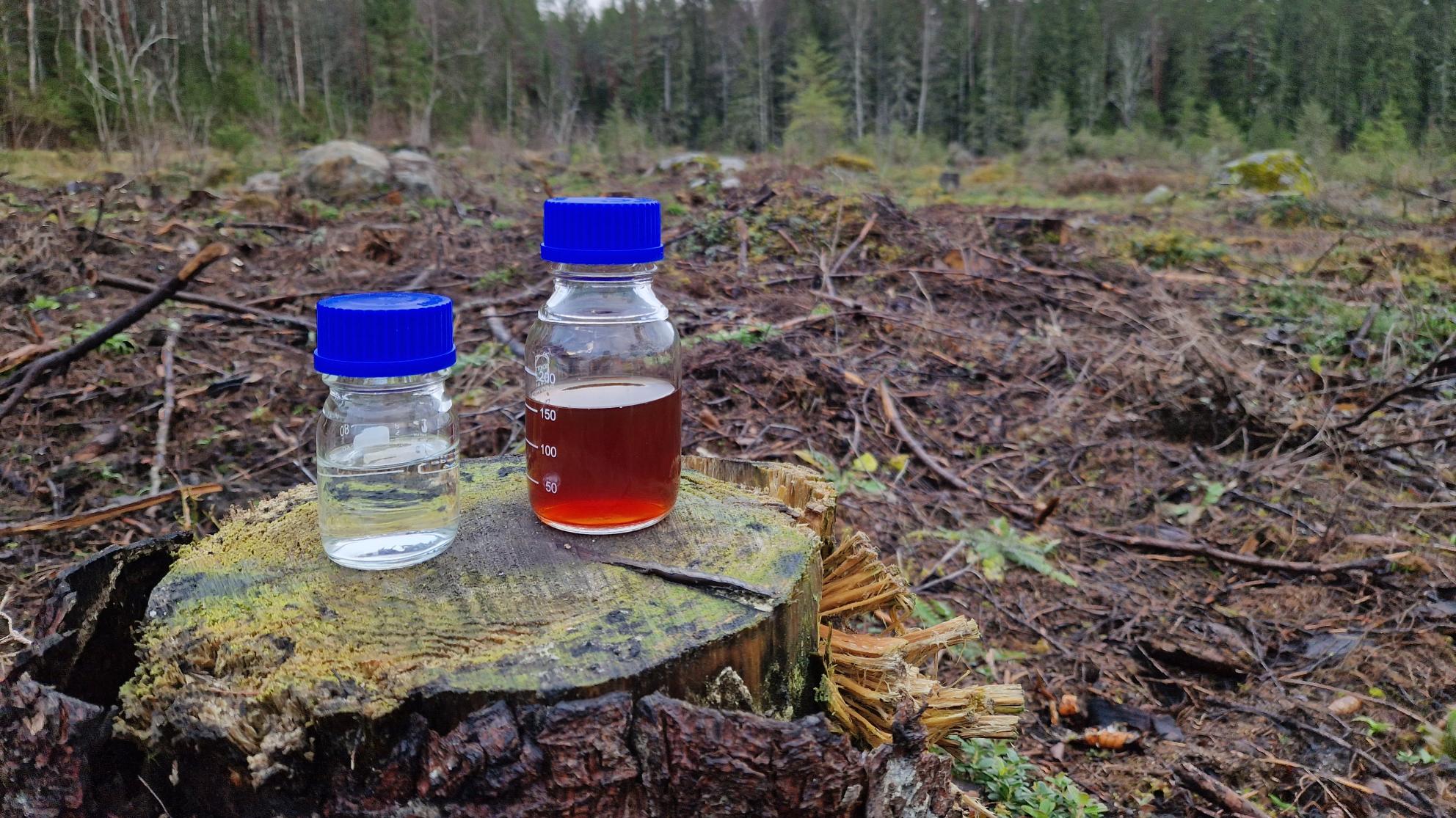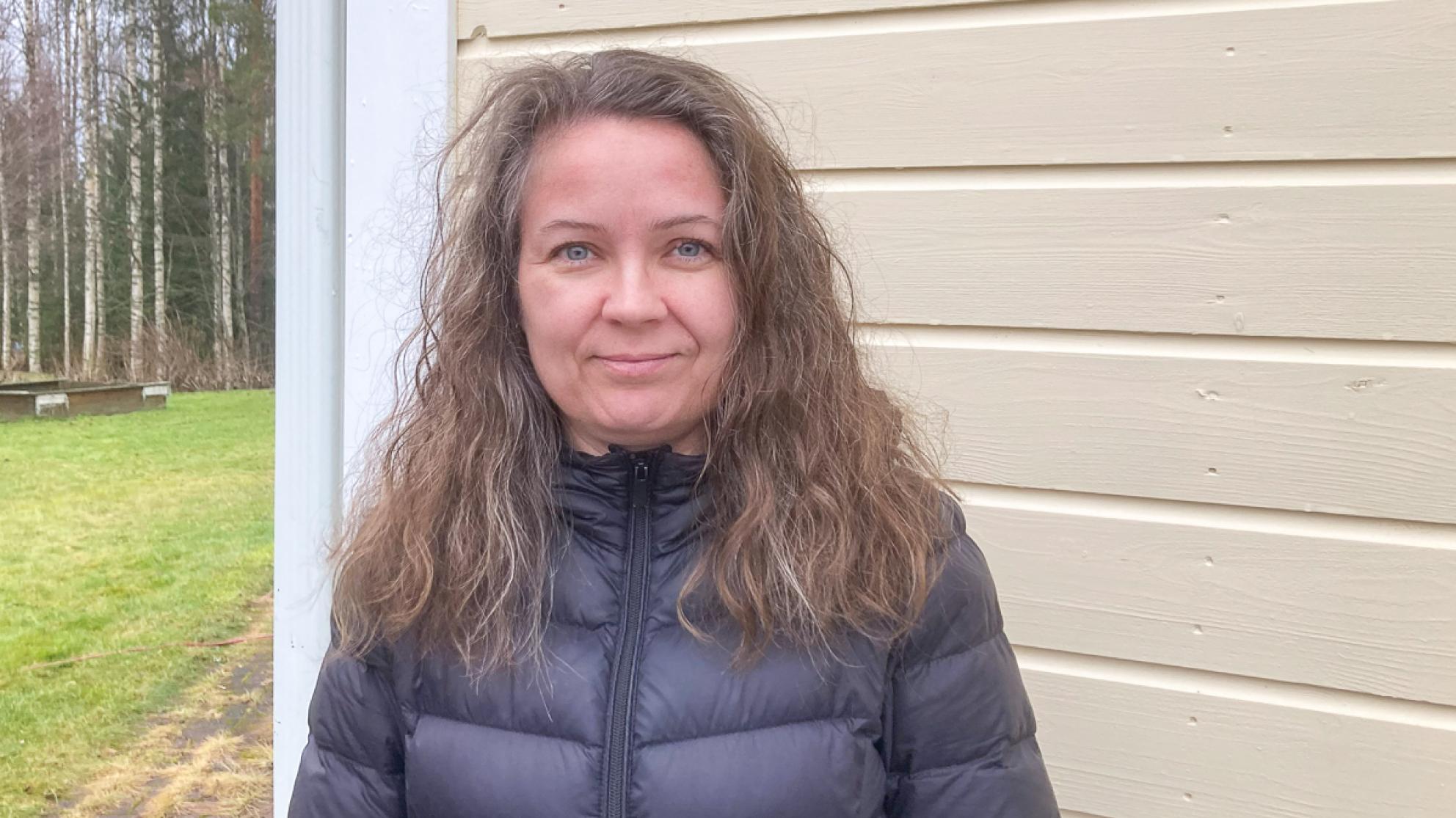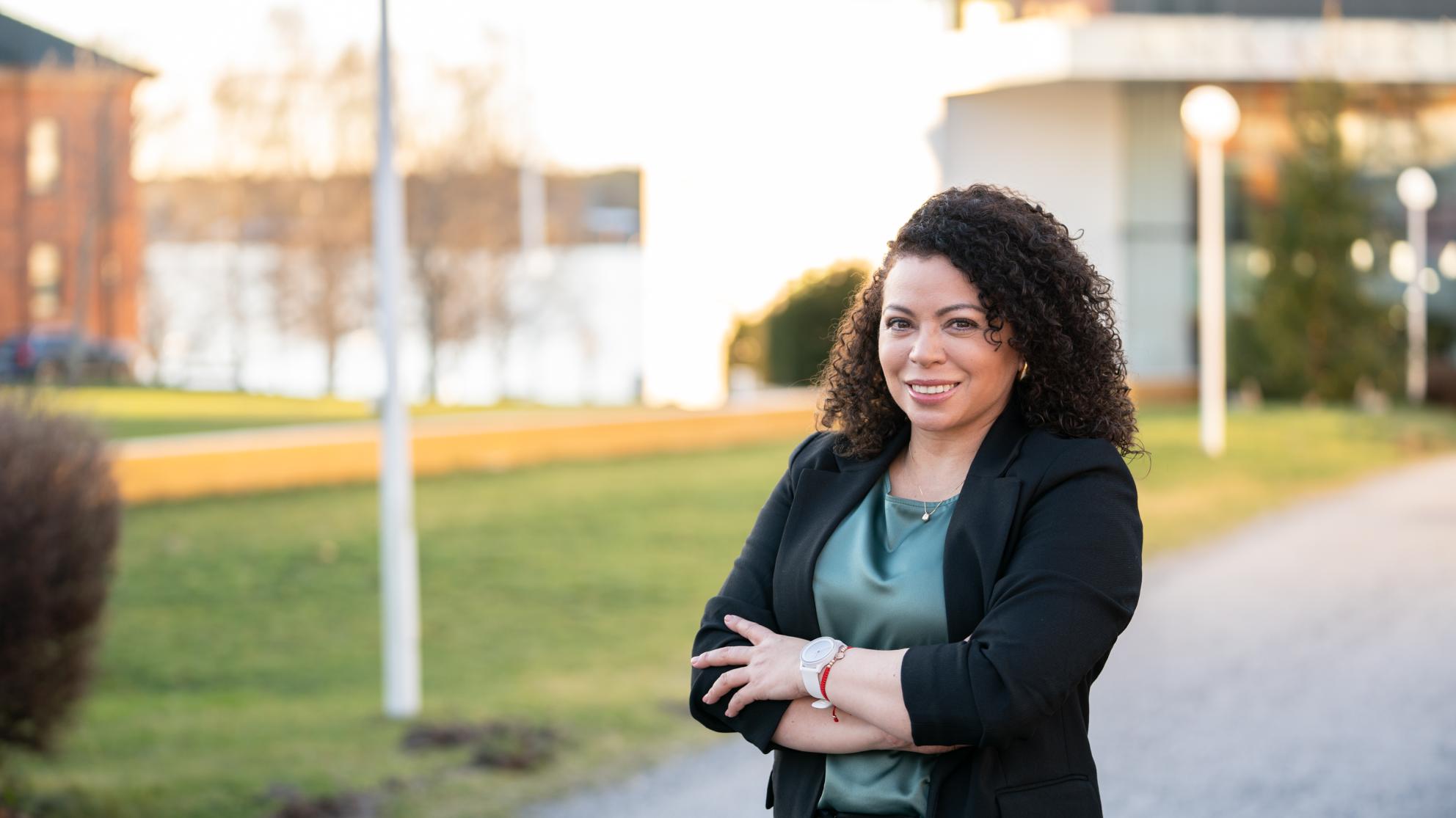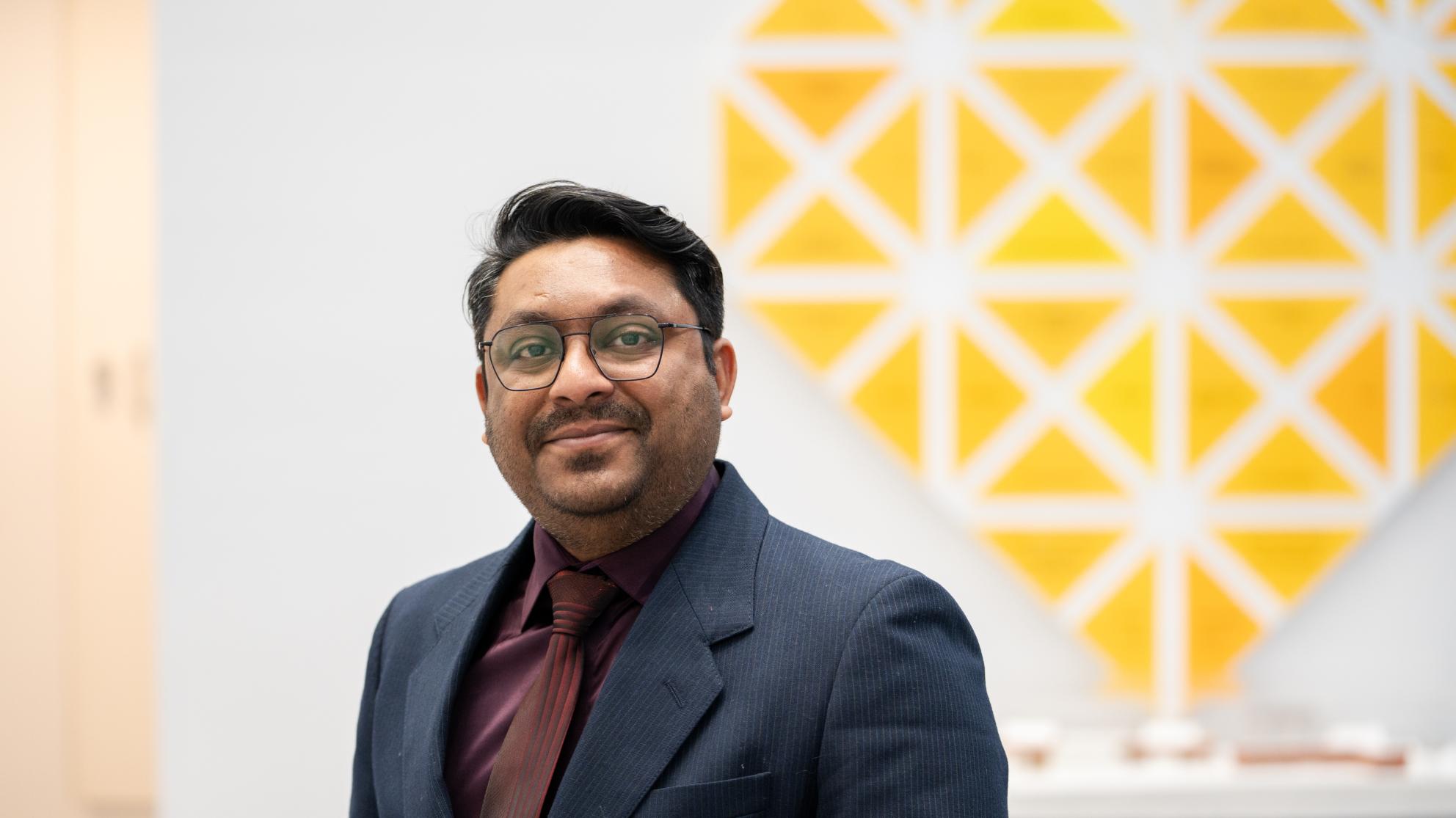Sustainable Business Models and Ecosystems
For Academic Collaborators
Our research program focuses on the rapidly evolving landscape of sustainable business practices. We strive to uncover actionable pathways for embedding sustainability into organizational behaviours, value creation relationships, and the intricate dynamics of business and innovation ecosystems.
Collaborators are invited to join us in tackling urgent and cutting-edge research questions, including:
- How can business ecosystems effectively catalyse the development and adoption of sustainable innovations?
- What is the role of partnerships, alliances, and stakeholder collaboration in driving circular economy transitions?
- How can market-shaping activities promote the diffusion and institutionalization of sustainable business models on global and local scales?
Through rigorous empirical research, we aim to expand the boundaries of knowledge in areas such as sustainable innovation, circular business model development, stakeholder engagement, ecosystem co-creation, and strategies for market innovation and market shaping.
For Doctoral Students
We invite doctoral candidates passionate about redefining markets and shaping the future of sustainability. Our program offers a vibrant, interdisciplinary research environment that nurtures critical thinking and methodological rigor. Students are equipped with the skills to address complex challenges in sustainable business innovation, circular economy practices, and ecosystem management, drawing from marketing, business management, and innovation streams of research.
Doctoral research in our program covers a broad array of topics, including:
- Developing frameworks for actor engagement and sustainable value co-creation in ecosystems.
- Investigating the role of business relationships in driving sustainable market transformations.
- Exploring the convergence, scaling, and institutionalization of circular business models into market innovations.
For Industry Collaborators, Media, and Policymakers
We partner with industries such as packaging, textiles, furniture, and retail to transform sustainability challenges into opportunities for delivering customer and societal value while building a competitive advantage. Our initiatives with industry partners include:
- Redesigning supply chains to enhance sustainability and resilience
- Supporting value chain actors in implementing and integrating circular business models across networks.
- Co-developing innovative tools for measuring, optimizing, and communicating environmental impacts within business ecosystems.
The research program is led by Professor Hannu Makkonen.
Contact Information
Email: hannu.makkonen@uwasa.fi

